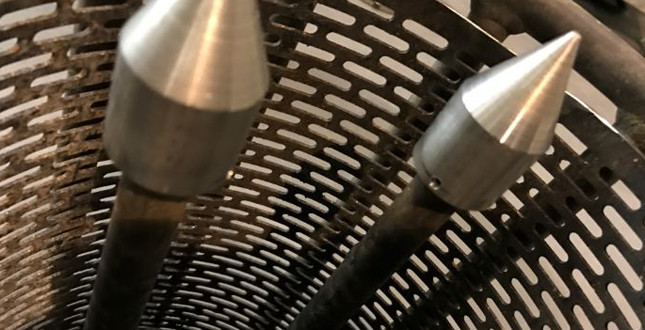

The latest government statistics identify that 2.5 million people in the UK are living in fuel poverty. While the answers to this are complex, and cover a multitude of stakeholders, a British invention claims to offer the solution.
The Home Energy Recovery Unit (HERU) is a domestic heating system, which turns waste into a sustainable energy source using pyrolysis – heating household rubbish in the absence of oxygen; generating rich, combustible gas that can be used to power the home. The HERU claims to be able to significantly decrease reliance on mains supply, ultimately reducing overall energy costs.
Nik Spencer, inventor of the HERU, said: “When you see that one in 10 UK households are spending more than 10% of their entire income on utility bills, it begs the question why more isn’t being done to tackle the problem head-on.
“HERU poses a viable solution to convert unwanted waste into valuable energy. What’s more, when you couple the HERU with a solar panel and battery, the technology is completely carbon neutral.”
In winter, the HERU can turn a single black bin bag of rubbish into 72l a day of hot water at 41°c (enough for a long shower). In summer, this figure increases to 122l a day (enough for two showers or a bath).
Nik added: “With backing from government and energy companies, we could roll out the HERU to affected homes within the next five years. Using pre-existing infrastructure, and funds from the government’s green levies on energy bills, we should be looking to provide a proactive solution to fuel poverty that will, ultimately, help UK households provide a cleaner, cheaper and more efficient source of energy.”
Field evaluations of the HERU will take place later this year, with full production expected to commence in 2019/20.
If you'd like to keep up-to-date with the latest developments in the heating and plumbing industry, why not subscribe to our weekly newsletters? Just click the button below and you can ensure all the latest industry news and new product information lands in your inbox every week.